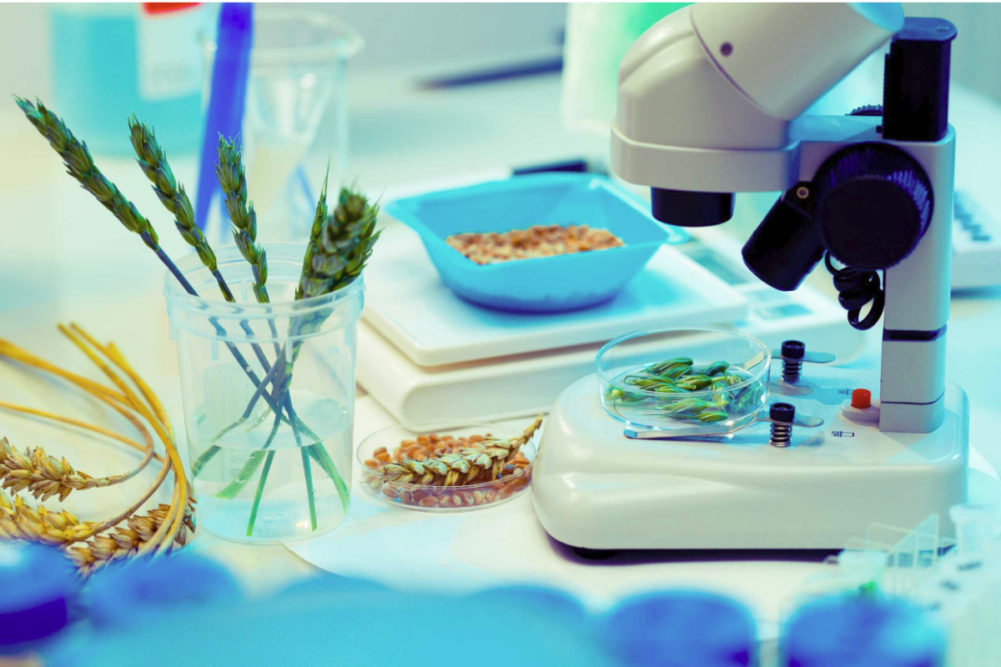BUENOS AIRES, ARGENTINA — Nigeria has become the latest country to approve imports of Buenos Aires, Argentina-based Bioceres Crop Solutions’ proprietary drought-tolerant HB4 wheat variety, according to Reuters.
The announcement comes just a few weeks after the US Food and Drug Administration concluded its evaluation of HB4, determining it had no further questions regarding the genetically modified wheat’s safety. Bioceres also recently announced it is moving forward in its effort to obtain approval to plant and produce its genetically modified drought-resistance wheat in Australia, with a goal of receiving planting approvals in 2023.
Nigeria follows recent approvals by Brazil, Colombia, Australia and New Zealand for use of HB4 in food and feed.
“Nigeria has told Bioceres that it approved (Bioceres’) HB4 wheat,” a spokesperson for Bioceres told Reuters.
The permit issued by Nigeria’s National Biosafety Management Agency authorizes “the import of genetically modified wheat: IND-00412-7 for food, animal feed and milling” and is valid through July 2025.
Bioceres said HB4 drought-tolerance technology has been shown to increase wheat yields by an average of 20% in water-limited conditions, a key adaptation that favors double-cropping systems, where water management is increasingly critical. Under no-till practices, HB4 soy-wheat rotations result in an estimated 1,650 kilograms of carbon fixed into the soil per hectare per year, compared to positive emissions from conventional soy monoculture, Bioceres said.
The US Department of Agriculture has forecast wheat imports to Nigeria at 6.5 million tonnes for the 2022-23 crop year.






